People & Leadership
The Sociable: How New Frontiers helped grow the business
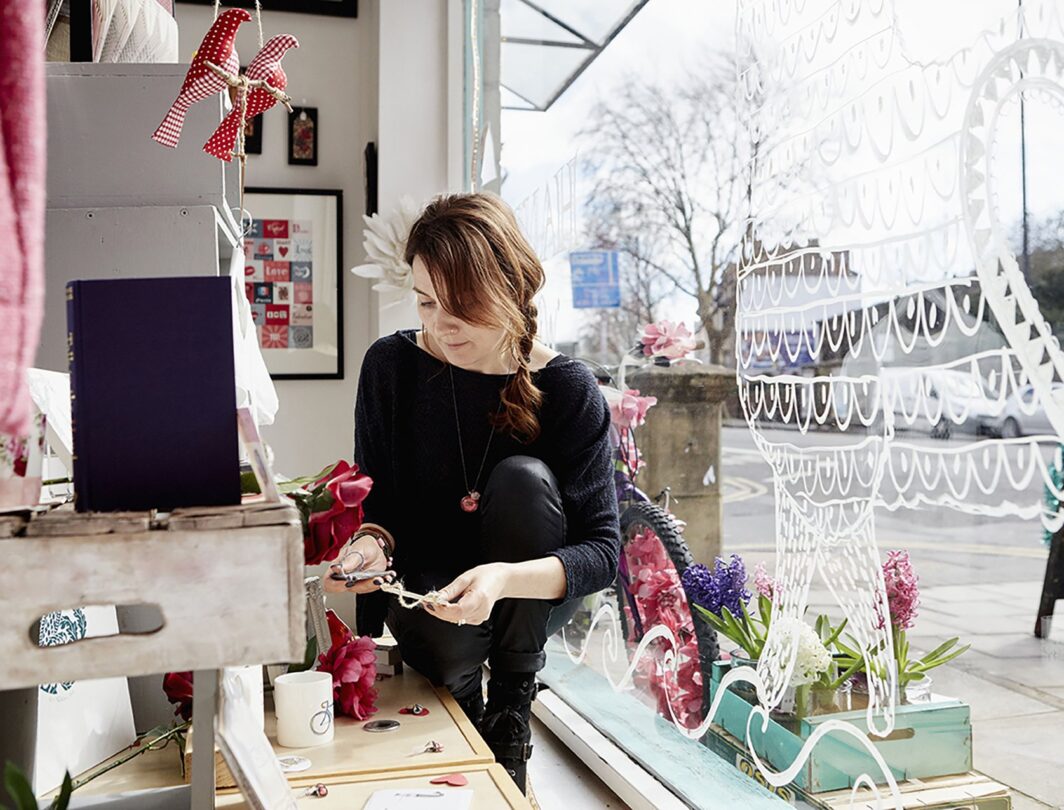
New Frontiers is an entrepreneur programme for early stage startups that is funded and run by Enterprise Ireland. It helps entrepreneurs to move their ideas from a concept to a functioning business.
In this interview, Piers Dillon-Scott from The Sociable talks about his experiences of the New Frontiers programme, what he’s learned and how it’s helped his business.
Can you give us an overview of your background and experience before joining New Frontiers?
Myself and Darren McCarra studied multimedia together in DCU (Dublin City University) and graduated in 2009. I went on to study for a masters in journalism and Darren went on to work for a paper in Monaghan.
Since we both wanted to work in the media sector, we decided to produce a site that would show off our web development and journalism skills.
We spoke about it for a short while and it was on 20 July 2010 when we decided to set up The Sociable, although it was another two months before the site went live. It would be another year before we set up the site as an actual company.
When did you join New Frontiers and what college are you taking the course in?
I got an email press release on 26 January this year explaining the programme (and the deadline, which was the following Friday). We had a business plan ready at the time, which was basic by the standards expected by Enterprise Ireland, but we were able to quickly work on it to update and add the required details.
Two weeks later I found myself in INVENT being interviewed by the programme’s coordinators. That was one of the toughest meetings I’ve ever had; they went through the business plan in minute detail.
Thankfully, a week after that we found out we had a place on the first phase of the programme.
Phase one was about really testing the business end of the company. On that end of the programme, we were introduced to the basic aspects of business management and the investment process.
Phase one was quite intense. For two months each Tuesday and Thursday, we were required to attend three-hour classes, from 6pm to 9pm in INVENT. At the time, I was working a regular day job while also supporting the site.
After the two months had finished we had another presentation, this time to a panel made up of representatives from Enterprise Ireland, the County & City Enterprise Boards, DKIT (Dundalk Institute of Technology) and DCU (Dublin City University).
This was it: this Dragons’ Den-style presentation was the one that would decide if we were to be given a place on phase two of the programme.
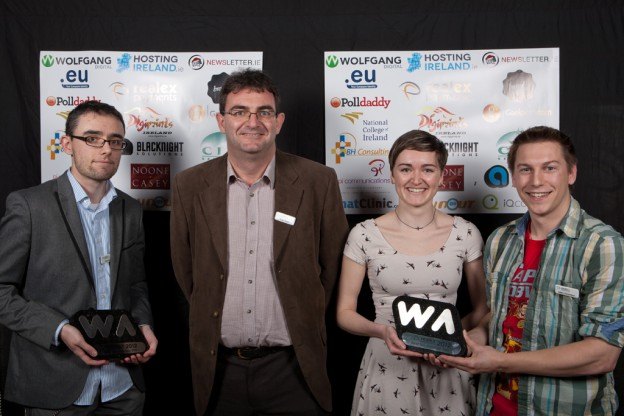
The Sociable’s Piers Dillon-Scott collecting the award for Best Technology Website at the 2012 Web Awards along with Category sponsor BH Consulting’s Brian Honan and Silicon Republic’s Elaine Burke and Adam Renardson – collective winners of the Best Technology Website Award
Phase two was designed to help us develop investor-ready businesses while also providing us with some financial support and office space. Luckily we made it through to this phase, which is just finishing up now.
For us it was a surprise and relief that we made it through – and it took some time for us to get adjusted to the concept that an idea we had developed to help us get jobs in the industry could itself become our jobs.
Phase two is being delivered between Dundalk IT’s Regional Development Centre (RDC) and DCU’s INVENT centre.
For each set of sessions, which are delivered every two weeks, we alternate between DKIT and DCU while at the same time developing our startups into professional businesses.
What can you tell us about the business that you have planned?
We’re working on professionalising the site and the company so we can get it ready for expansion and diversification. We see the current site as the MVP (minimum viable product); we’ve been working on it over the past few months to make it more appealing to larger audiences.
In the summer, we completely redesigned it – we move from a fixed width template to a responsive one. We also made it easier to discover older content and reduced load times. On the technical side of things, we’ve upgraded our hosting package with the help of Blacknight to help us handle more traffic.
We have a few more changes to do at this stage of the plan before we begin to look at the next step in the new year.
At what point in the programme are you now, what is the next stage and when do you finish?
We’ve just finished the business development sessions; next, we have to finalise our business plans for a full presentation at the end of the month.
What does the programme provide you to help you set up your business?
There are a dozen other startups in the programme with us on phase two and it has been great to be able to talk to and work with other startups over the past seven months.
It’s the old cliché that working with people who are in the same situation as yourself is incredibly creative – but it really has been. It’s been great to be able to ask for and provide help to others who are going through the same development process as ourselves.
We’ve also been able to work with a mentor, who has been brilliant. She has been able to put us on track and really point out what potential investors want to see in a startup.
The course has helped us avoid some of the common mistakes that hurt early stage companies. We’ve been able to see the startup process from the point of view of investors, so now as we come to the end of the programme we can see our weaknesses and some strengths.
We now know what to expect and what is expected of us.
Have you discussed the business with any potential investors?
Not yet. We’re looking to early in the new year, when we’re confident that we have a few more of the technical USPs in place before we do that. The startup market in Ireland is booming and timing is key.
I think that any new company really needs to be able to show something that is unique and go looking for investors when the time is right, but as Matt Mullenweg of WordPress says: “If you’re not embarrassed when you ship your first version, you waited too long.”
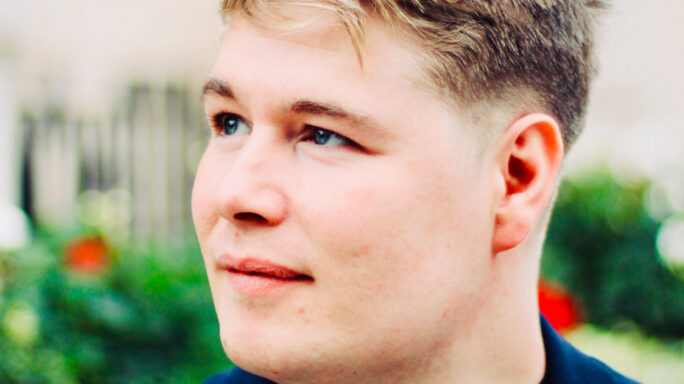

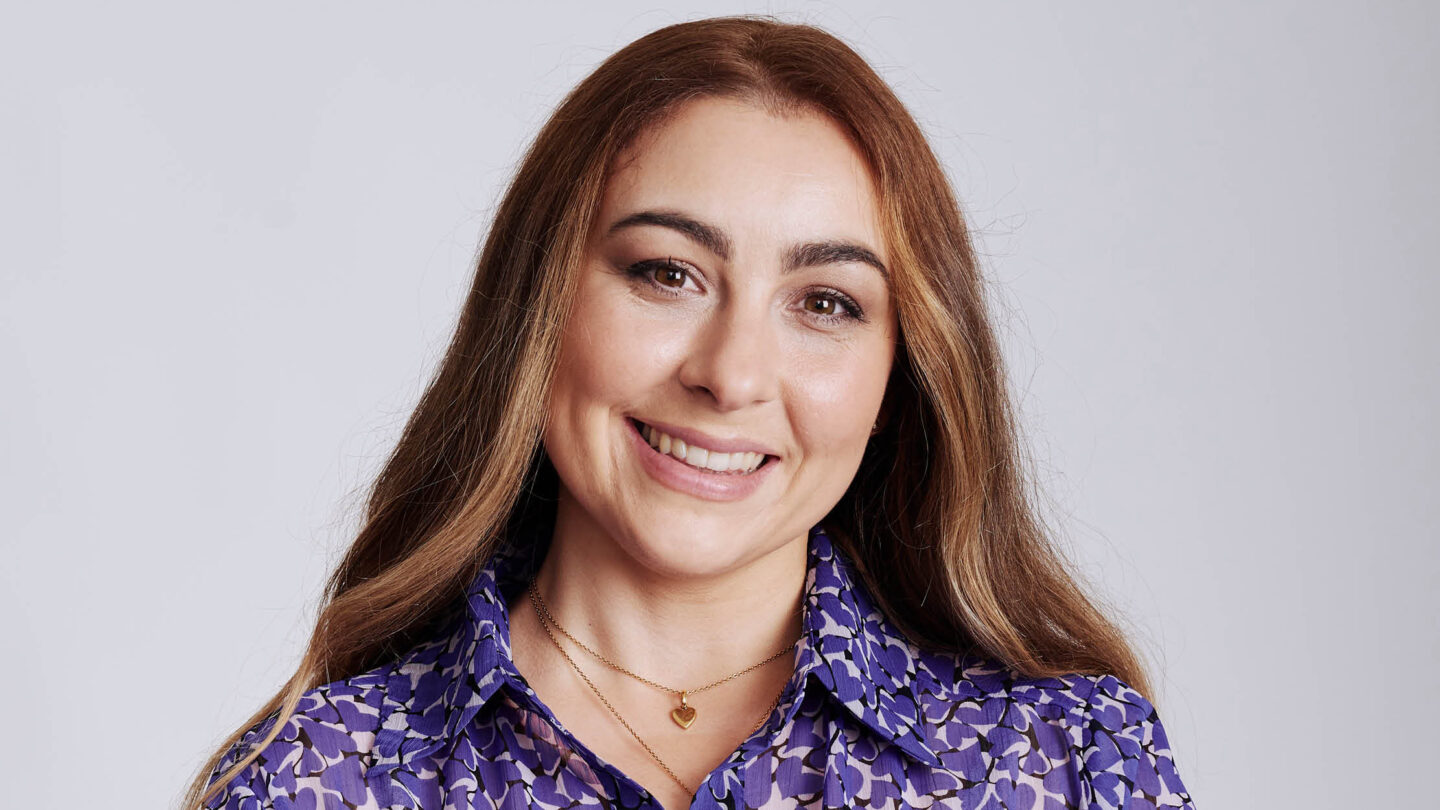
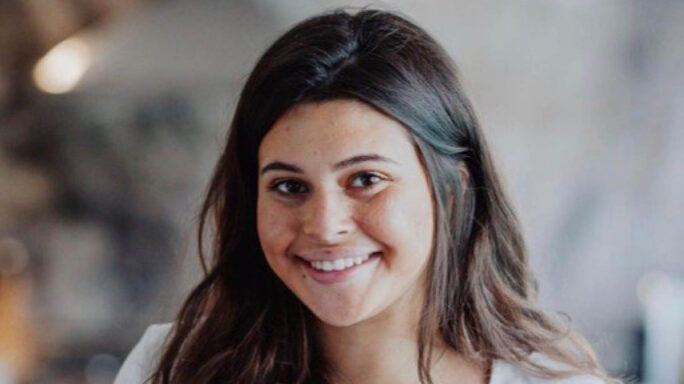

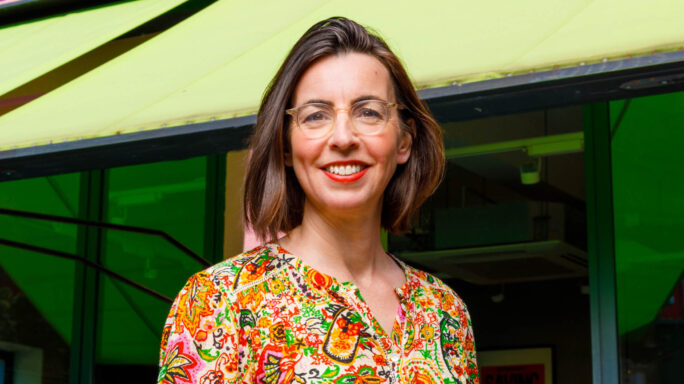
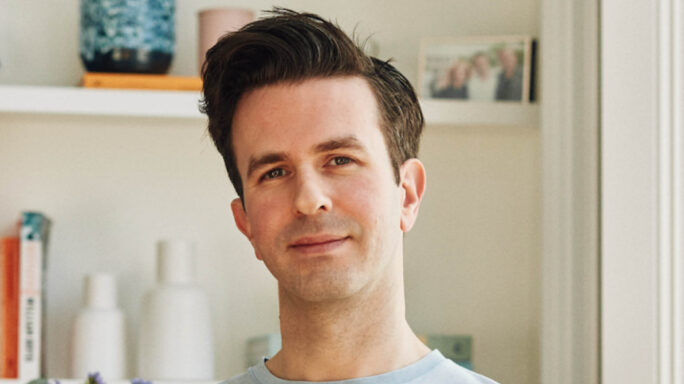
Ask the author a question or share your advice